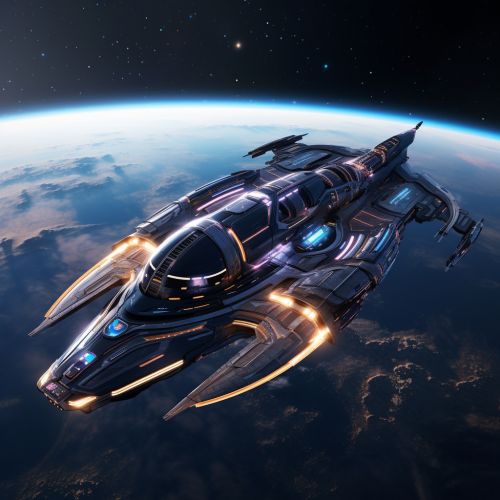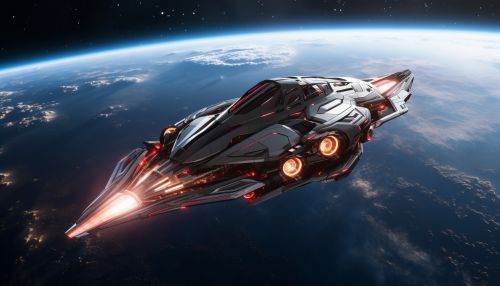The Evolution of Space Exploration
Early Beginnings
The history of space exploration is a fascinating journey that begins with the early astronomers of ancient times. These early scientists, such as Claudius Ptolemy, studied the heavens using simple tools and the naked eye. They made significant discoveries about the universe, including the Earth's place in it, that laid the groundwork for future space exploration.


The Space Race
The modern era of space exploration began with the Space Race between the United States and the Soviet Union. This period of intense competition and technological advancement was primarily driven by political and military motivations during the Cold War. The Space Race led to the launch of the first artificial satellite, Sputnik 1, by the Soviet Union in 1957, and the first manned spaceflight, Vostok 1, by Yuri Gagarin in 1961.
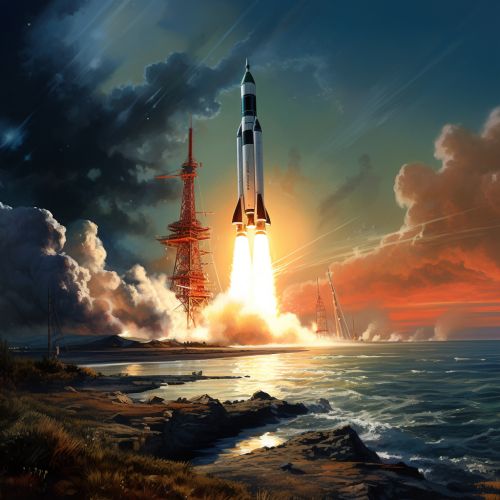
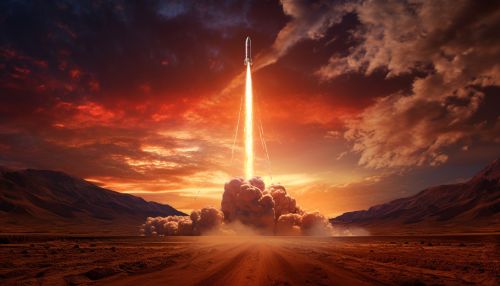
Lunar Exploration
The most significant achievement of the Space Race was the Apollo Program, which culminated in the first manned moon landing in 1969. The Apollo missions brought back a wealth of scientific data and lunar samples that continue to be studied today. These missions also paved the way for future lunar exploration, including the current plans for a return to the moon by NASA's Artemis Program.
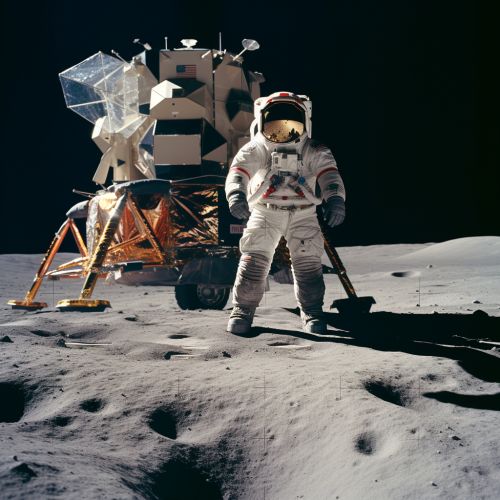
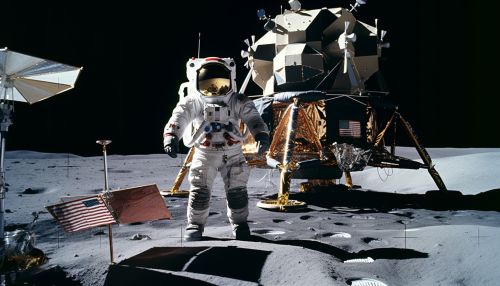
Robotic Exploration
While manned missions have garnered much of the public's attention, robotic exploration has been a critical component of space exploration. Robotic missions, such as the Voyager Program, the Mars Rover missions, and the New Horizons mission, have provided invaluable data about our solar system and beyond. These missions have also tested technologies and techniques that will be crucial for future manned missions.
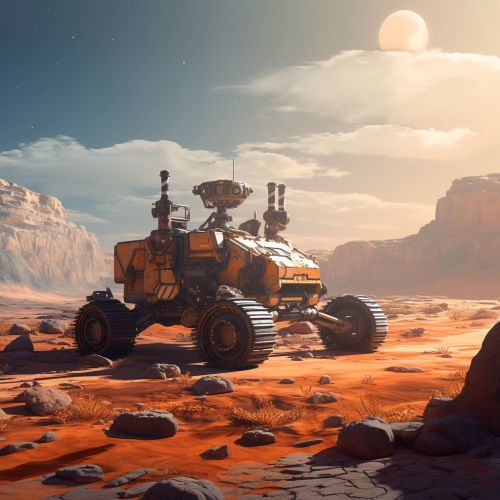

International Cooperation
In recent decades, space exploration has become increasingly international in nature. The International Space Station (ISS) is a prime example of this, with multiple countries contributing to its construction and operation. The ISS serves as a platform for scientific research, technological development, and international cooperation in space.
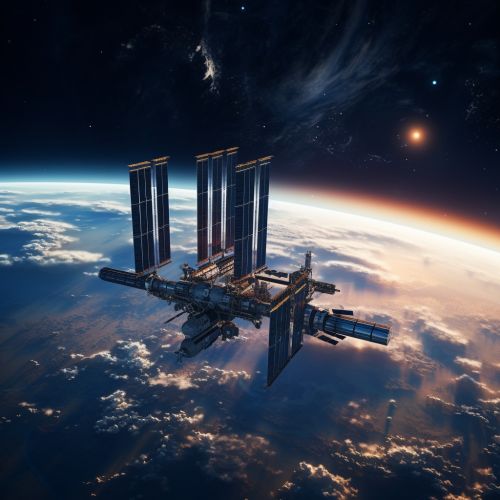
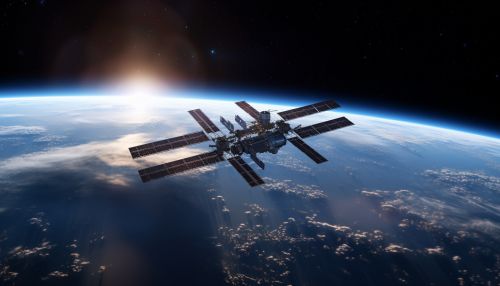
Future of Space Exploration
The future of space exploration holds exciting possibilities. Private companies, such as SpaceX and Blue Origin, are playing an increasingly significant role in space exploration. Plans for manned missions to Mars, the establishment of lunar bases, and the search for extraterrestrial life are just a few of the exciting prospects on the horizon.
